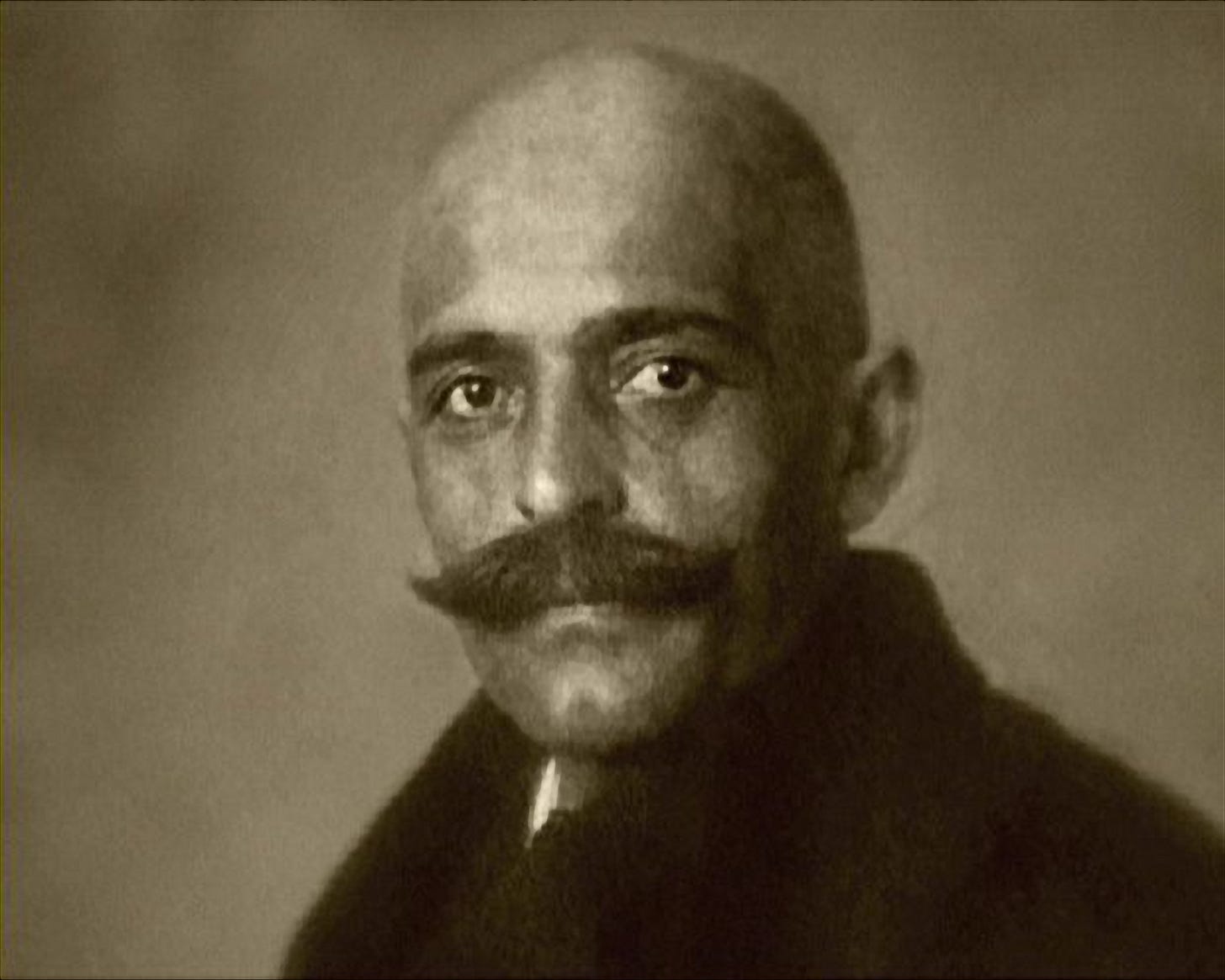Luminous Esoterica: Gunter Herbig's Exploration of Gurdjieff's Mystical Soundscapes
Transcending Boundaries with Electric Guitar Adaptations of Arcane Beauty
In the vast expanse of musical exploration, some journeys begin with a leap into the unknown.
Thirty years ago, Gunter Herbig prepared to leave Germany for the distant shores of New Zealand. A friend gifted him a tape of piano compositions by the great philosopher, spiritual leader, and mystical teacher George Ivanovich Gurdjieff in collaboration with Ukrainian composer Thomas de Hartmann. These little-known musical vignettes became the soundtrack of his discovery of a new homeland, accompanying him through the majestic landscapes of the Coromandel Peninsula, the Hauraki Plains, and Northland.
The haunting beauty of the music instantly inspired the vision of its potential transformation for the guitar, igniting a creative impulse that would persist for years.
Herbig’s inspiration eventually led to the 2019 release of “Ex Oriente” (re-released in 2024 in a limited edition cassette on the Cosima Pitz imprint), his first LP of Gurdjieff’s and De Hartmann’s music transcribed and adapted for electric guitar - however, the journey to this artistic epiphany began much earlier in his youth.
Amidst the existential inquiries of teenage life, his mother had already introduced him to the teachings of G.I. Gurdjieff, sparking a lifelong fascination with his philosophy and influencing him as one of many mentors during the progress of his career as a classical guitar instructor and performer.
Gurdjieff, born sometime between 1866 and 1877 in the cultural nexus of Alexandropol, embarked on a spiritual quest that took him across Tibet, Afghanistan, and Central Asia, absorbing ancient wisdom and music. Upon his return, he established the ‘Institute for the Harmonious Development of Man’ near Paris, attracting followers like the eminent pianist and composer Thomas de Hartmann.
De Hartmann, who took part in the avant-garde movement Der Blaue Reiter, collaborated with Gurdjieff from 1916 to 1929, creating over 300 piano pieces. These compositions, steeped in Eastern melodic complexity, demanded a minimalist approach to preserve their authenticity. De Hartmann’s purity of style ensured that Gurdjieff’s music remained unembellished by European influences, making it uniquely suitable for guitar transcription. Since then, these pieces have been approached, and re-interpreted by many pianists of the highest caliber, including luminaries such as Keith Jarret and Alessandra Celletti, but rarely transcribed for solo guitar.
"Without struggle, no progress and no result": Gurdjieff’s insight echoed through Herbig’s mind during his many attempts to adapt these piano pieces for classical guitar, an effort which eventually led to a break from convention when Herbig plugged a white Gretsch Falcon into a Fender amp and discovered that the music that once eluded him now flowed effortlessly as if it had always belonged to the electric guitar.
The resulting record is nothing less than a hypnotic gem, refracting the spiritual light of a mystical orient through its iridescent planes, varied angles, and nuanced hues, flaunting a rich spectrum of seductive permutations.
The sonic tone remains restrained throughout, and the melodies are contemplative in the romantic sense, aiming for an atmosphere that is more sentimental than melancholic, more sensual than cerebral.
Rich in distilled influences, the formal allure of each piece, simultaneously jewel-like in its intricacy and austere in its elemental virtuosity, shifts imperceptibly between barely audible whispers of Indian ragas, night-time serenades gently strummed under the influence of intoxicating perfumes in lush Ottoman gardens, and other languid enunciations of transcendental serenity to be found at the intersection of passion and devotion, the fecund point of confrontation between intensity of purpose and focus of mind that recalls the oxymoronic mental stillness that centers Sufis as they physically whirl furiously in centrifugal meditation.
The journey continued with the second LP, “…lux”, released in 2024, whose title completes the ancient phrase “ex oriente lux”—the light comes from the East.
This chapter began under unexpected circumstances. During the recording sessions, Herbig discovered his amplifier was malfunctioning, distorting the sound. Weeks of preparation seemed at risk of being wasted. Yet, embracing Gurdjieff’s teachings, he accepted the unforeseen challenge. The distorted sound acted like a filter producing unexpected textures, revealing a unique sonic timbre, transforming the recording experience into a profound lesson in adaptation and acceptance.
This reinvention of the music on the electric guitar, including the unforeseen technical glitches, signifies a profound shift in the perception of Gurdjieff’s music, intertwining the mystical and the personal into a harmonious dialogue.
As a virtuoso of the guitar, Gunter Herbig, influenced by the diverse cultures of Brazil, Portugal, and Germany, has cultivated a distinctive style marked by sensuousness, passion, and intellectual finesse. His interpretative philosophy seeks to forge an intimate connection between composer, performer, and audience, driven by a tireless spirit of sensitive curiosity.
Gurdjieff’s music, surrounded by the beguiling allure of outsider status, is a priceless trove of secrets, representing the esoteric and the profound. His compositions, as interpreted by Herbig, feel like they have finally found a home with the electric guitar.
This music, both haunting and inspiring, resides far outside the realm of anything relevant to contemporary culture, and as such it exists as a luminous odyssey into the soundscapes of an esoteric tradition, brought to life by a great musician who finds light in the direction of the mystical.
Text written by Panagiotis Chatzistefanou, Berlin, June 2024




